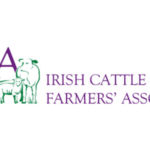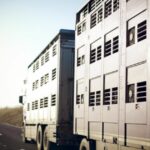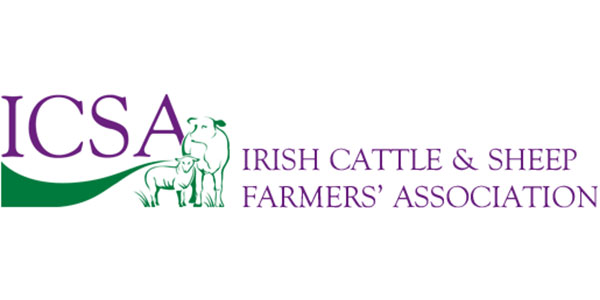3 FEBRUARY 2017
ICSA sheep chairman John Brooks has demanded openness and transparency around which meat factories are importing live sheep or sheepmeat carcasses from the UK at a time when Irish sheepmeat price is on the floor. “We know that big numbers of live sheep come in from Northern Ireland all the time but ICSA has reason to believe that the boot is really being put in by factories bringing additional sheep from Scotland, England or Wales.”
ICSA is calling on all factories to confirm or deny whether they use sheep from outside the island of Ireland. ICSA also wants the Department to provide precise breakdowns on how many sheep come from Scotland, England and Wales. “Farmers will be furious if lamb price is being suppressed by unnecessary imports. This really exposes the risks attached to Meat Industry Ireland’s proposals that farmers should produce one million extra lambs. How could farmers possibly agree with any increase in production here when it is clear that surplus lambs are depressing prices by some 80c/kg compared to this time last year?”
Mr Brooks went on to call on farmers to monitor what’s going on in factories. “Farmers should look at what’s in the lairage. If you look at the EID tags, lambs from Northern Ireland have tags beginning with the digits 826-1 or UK 1 for non-EID whereas mainland UK lambs have tags beginning with the digits 826-0 or UK 0. ICSA would be very interested to hear from farmers who have seen these tags and what factories they have seen them in.”
Mr Brooks said that farmers were sick of excessively tight weight limits, clipping charges and penalties for non-quality assured lambs. “What really gets farmers annoyed is that the stock being brought in are heavier live lambs, the very same product that Irish producers would get penalised for. We have no openness over the standards applied to imports, and what markets these sheep are destined for. Far from expanding production, the current state of the sheep trade means we could only encourage farmers to think about cutting back.”
ENDS




